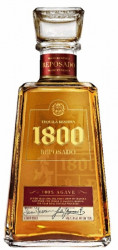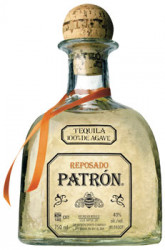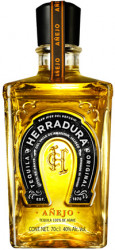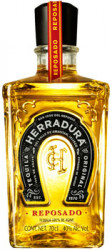Premiumisation is answering the call from consumers demanding more from their beverages, with tequila rising to the challenge.
Craftsmanship, authenticity and uniqueness: as an increasing number of us seek elevated drinking experiences, these attributes are becoming progressively more significant when choosing what to imbibe.
‘Quality, not quantity’ is where we’re at regarding spirit choices. Gone are the days of spirits being seen merely as alcohol – in today’s world, they can be symbols of celebration, refinement, and personal expression.
The Amount of Agave
Tequila’s candidacy in the premium category seems inevitable. Cheap mixed tequilas have been relegated to memory – and the world seems to have caught up with the fact that premium and ultra-premium tequilas, quite naturally, tick all the artisanal boxes.
The hallmark of a premium tequila is that it is made from 100% blue agave (as opposed to mixto tequilas, which contain 51% agave and other sugars), resulting in a purer, more authentic flavour profile.
Terroir, too, plays a part. We’ve heard this term with wine, but the same concept can be applied to tequila, with agave from different parts of Mexico displaying distinctive characteristics.
Maturation & Complexity
Ageing also plays a vital role in a tequila’s quality – the maturation of tequila in barrels is responsible for its flavour, complexity and smoothness.
Blanco or silver tequila is the youngest and purest form, typically aged for no longer than two months, resulting in a more robust agave taste. Reposado is aged for at least two months and up to a year in wooden barrels – mostly oak – which mellows out the flavours and imparts additional characteristics from the wood.
Anejo tequila is aged up to three years, producing a darker tequila with a richer, smoother, complex flavour. Extra Anejo is rarer, requiring a minimum of three years of ageing, with comparisons made with whisky or brandy in both colour and flavour profile. Increased knowledge and awareness of the romantic mystique surrounding tequila has undoubtedly added to its appeal.
Ancient Knowledge
The skills of a jimador (agave farmer) are often handed down through generations; the skill in identifying and harvesting ripe agave plants requiring a deep connection to the land.
And traditional, time-honoured production techniques such as tahona, a process in which a large stone wheel crushes the agave, purported to add another dimensional layer, typify the spirit’s artisanal appeal. Such methods and skill produce subtle, complex and dynamic tequilas, making them infinitely sippable on their own – moving the spirit away from a party-drink image and into the high-quality speciality-drink category.
THIRSTY FOR MORE TEQUILA ARTICLES?






